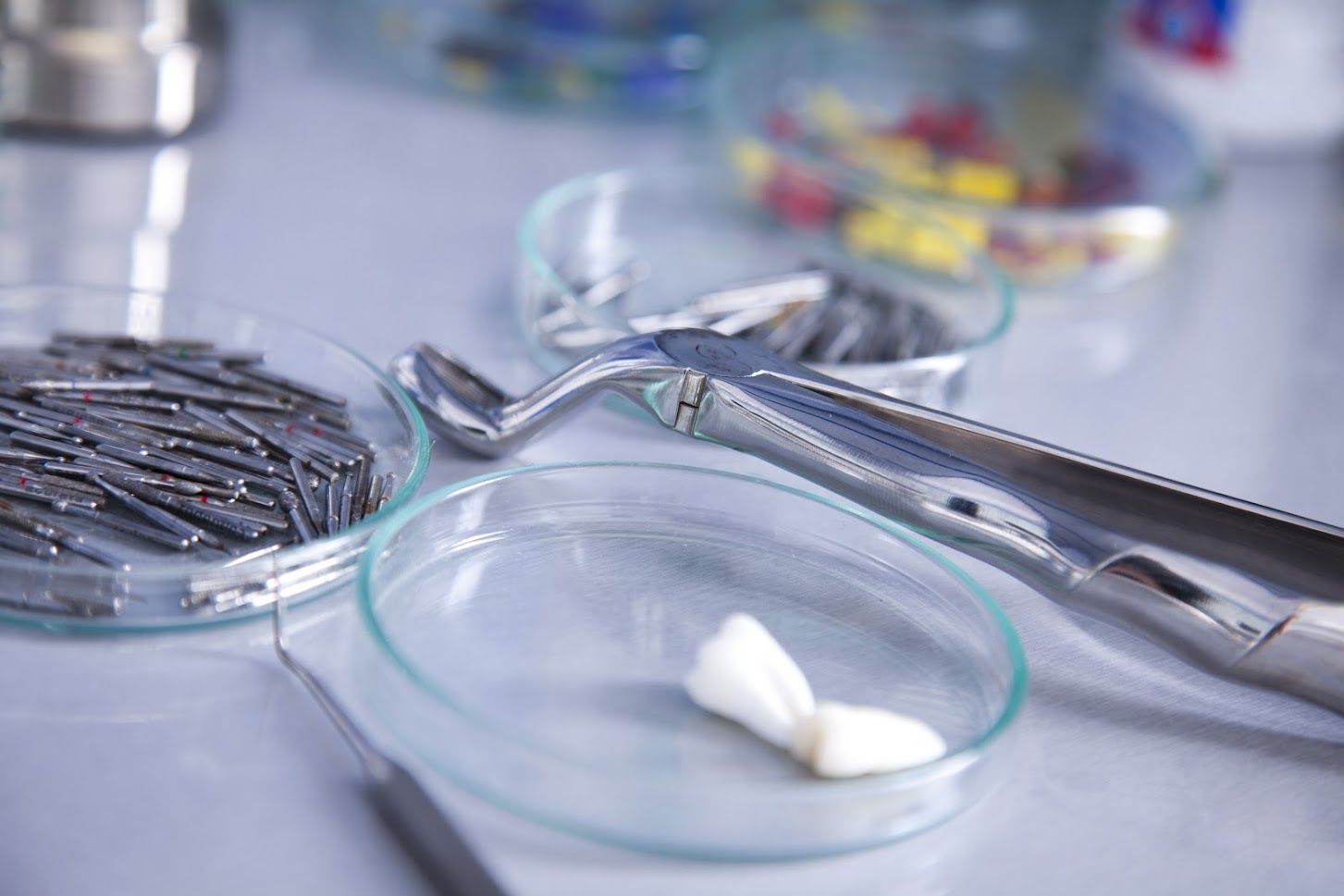(843) 216-0908
What to Expect After Dental Implant Surgery?
What Happens After Dental Implant Surgery ?
As with any other procedure, it is important to understand the healing process.
Your recovery will depend on whether the doctor chooses one stage or multi-stage process for your implants. When you have one or more damaged teeth, your jawbone may be too soft or too thin to place an implant without a bone graft prior to the procedure. If the doctor needs to include grafting as part of the surgery, it will require a multi-step process and impact the healing time necessary.
What Are the Most Common Side Affects After Dental Implant Surgery?
Regardless of the type of procedure, you can expect to experience some general discomfort during the initial recovery. The surgery requires the doctor to apply pressure to your mouth and face, which can cause swelling and bruises on your gums and face for the first few days. It is also common to experience pain that can be treated with over-the-counter pain relievers such as Tylenol or Aleve.
More severe symptoms, but also common experiences, can include stiffness of the jaw or the inability to open your mouth entirely. If you find the pain level requires more than over-the-counter pain relievers, have a fever, or other signs of infection, contact your doctor immediately. While infections are rare, they can cause serious complications if left untreated.
FAQs
- Are teeth implants painful?
Dental implants are a permanent solution to replace one or more missing teeth. The procedure is usually performed under general anesthetic with an associated local anesthetic to completely numb the jaw. After you awaken form the surgery and the local numbing agent wears off, you may experience mild pain and bruising for several days which is usually controlled well will over the counter pain medication. After you have healed form the surgery, you should no longer experience any pain.
- Do you need antibiotics after dental implant?
While not mandatory, prophylactic antibiotic treatment helps improve the long-term survival and success rates of dental implants and is helpful in reducing the incidence of postoperative infection after dental implant surgery.
- What is the failure rate for dental implants?
Advances in dental implant technology make dental implants one of the most reliable and effective procedures to address missing teeth. Dental implants fail in roughly 5% of cases and failure can result from many different issues; shortly after the procedure or years later. With proper care and maintenance, a typical dental implant should last 25 years or more.
The post What to Expect After Dental Implant Surgery? appeared first on Smiles by Hogan.
CONTACT
Information
Phone: (843) 216-0908
Address: 3405 Salterbeck St. STE 100
Mt. Pleasant, SC 29466
Email: office@smilesbyhogan.com
BUSINESS
Hours
- Monday
- -
- Tuesday
- -
- Wed - Thu
- -
- Friday
- -
- Sat - Sun
- Closed
















